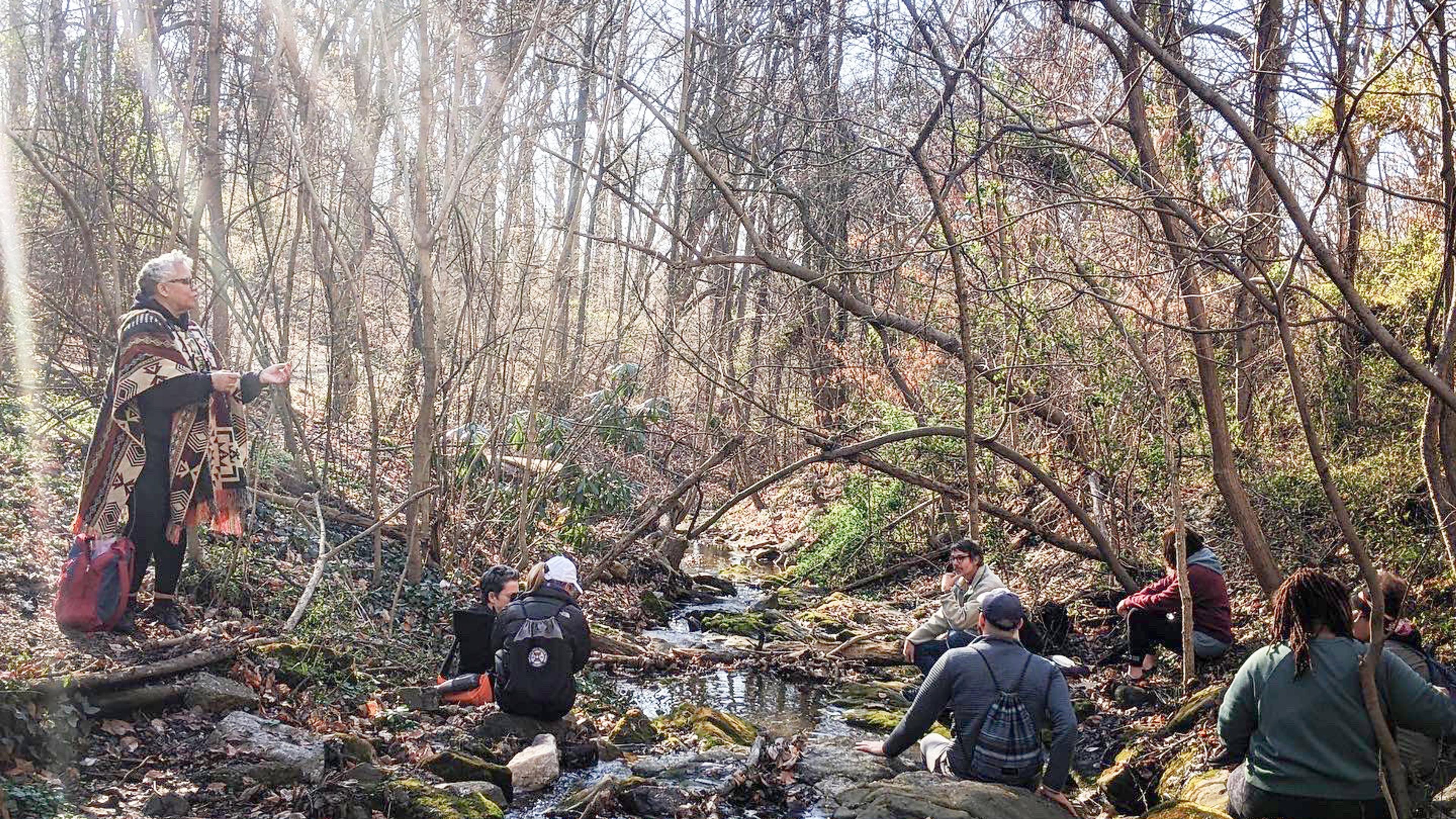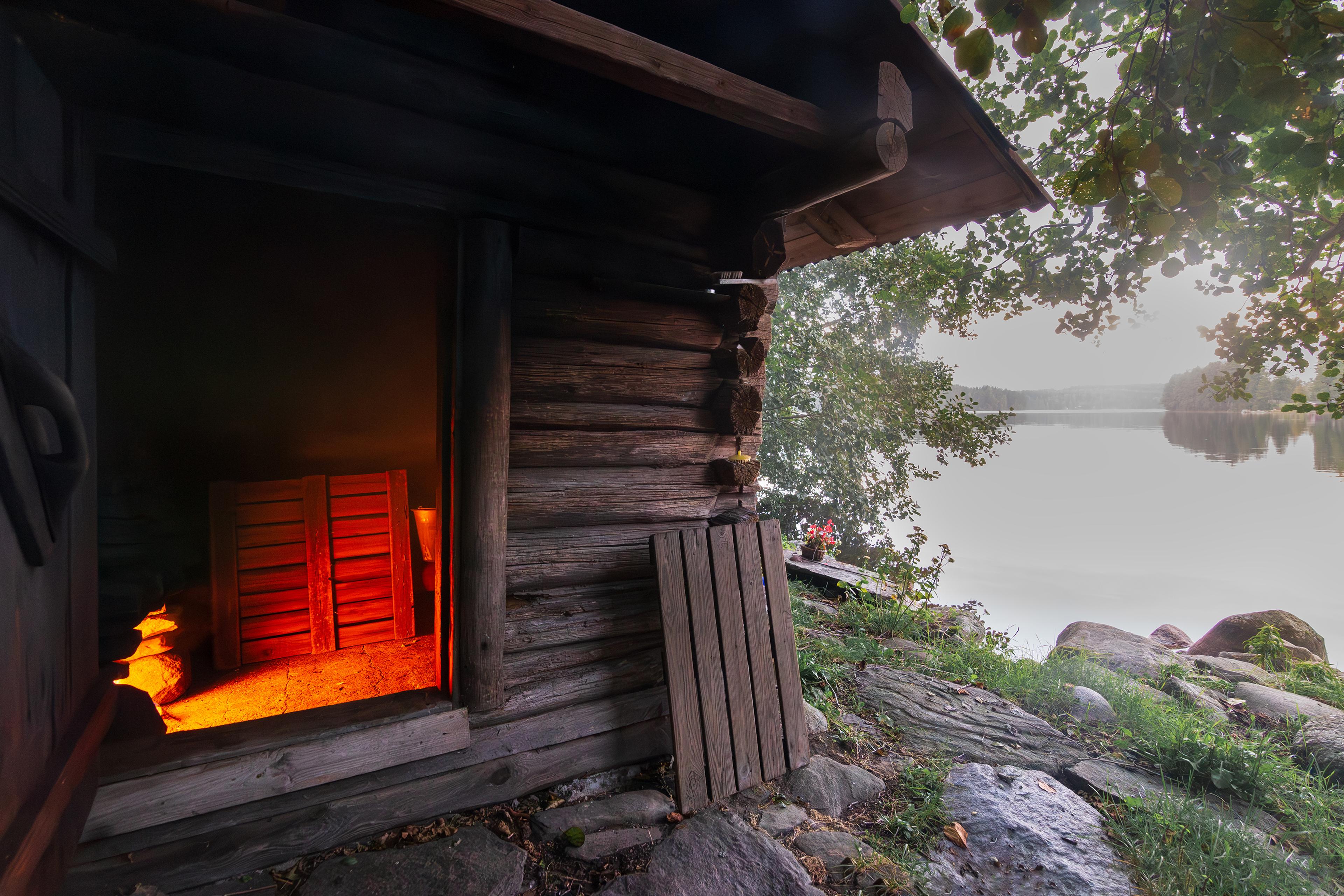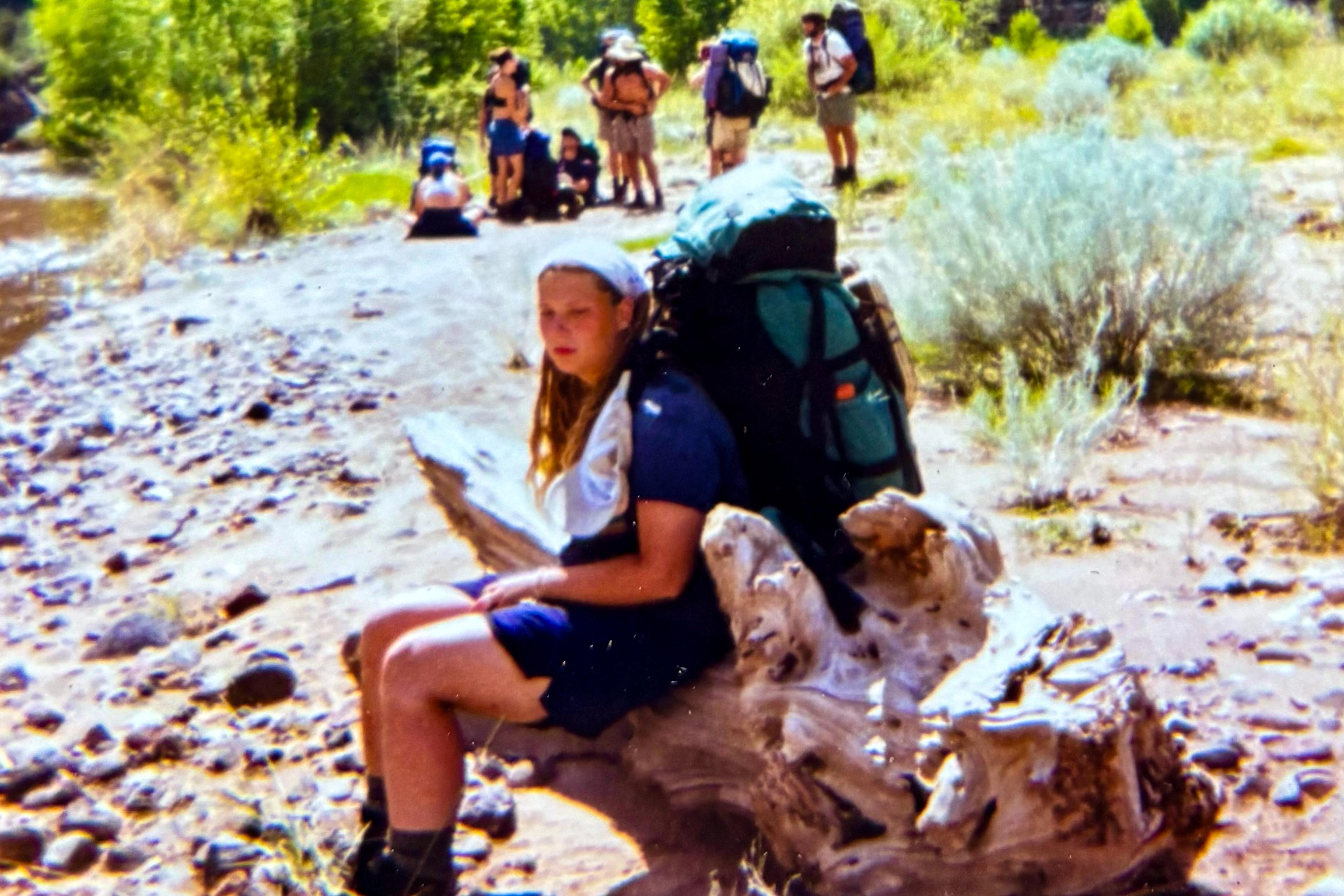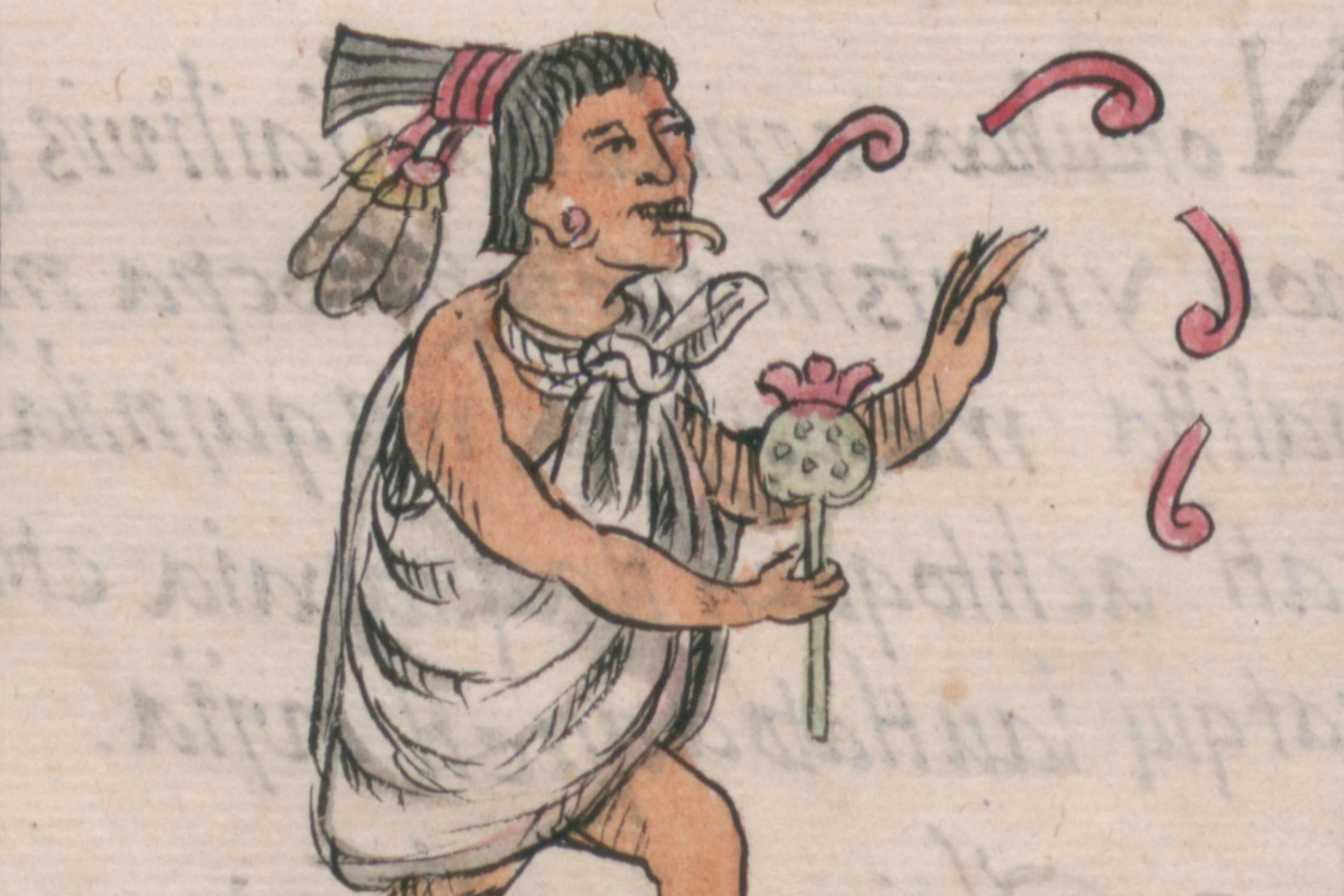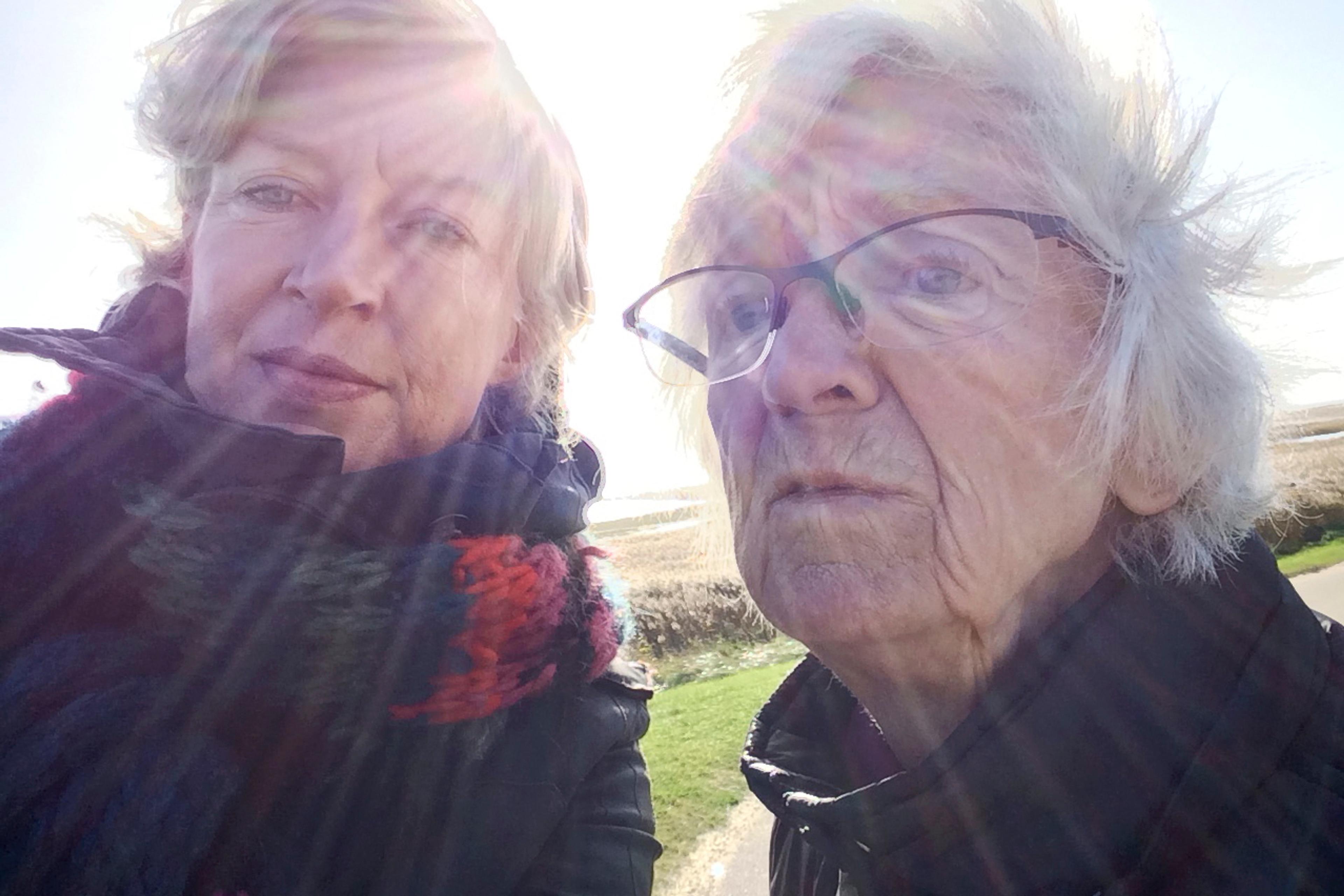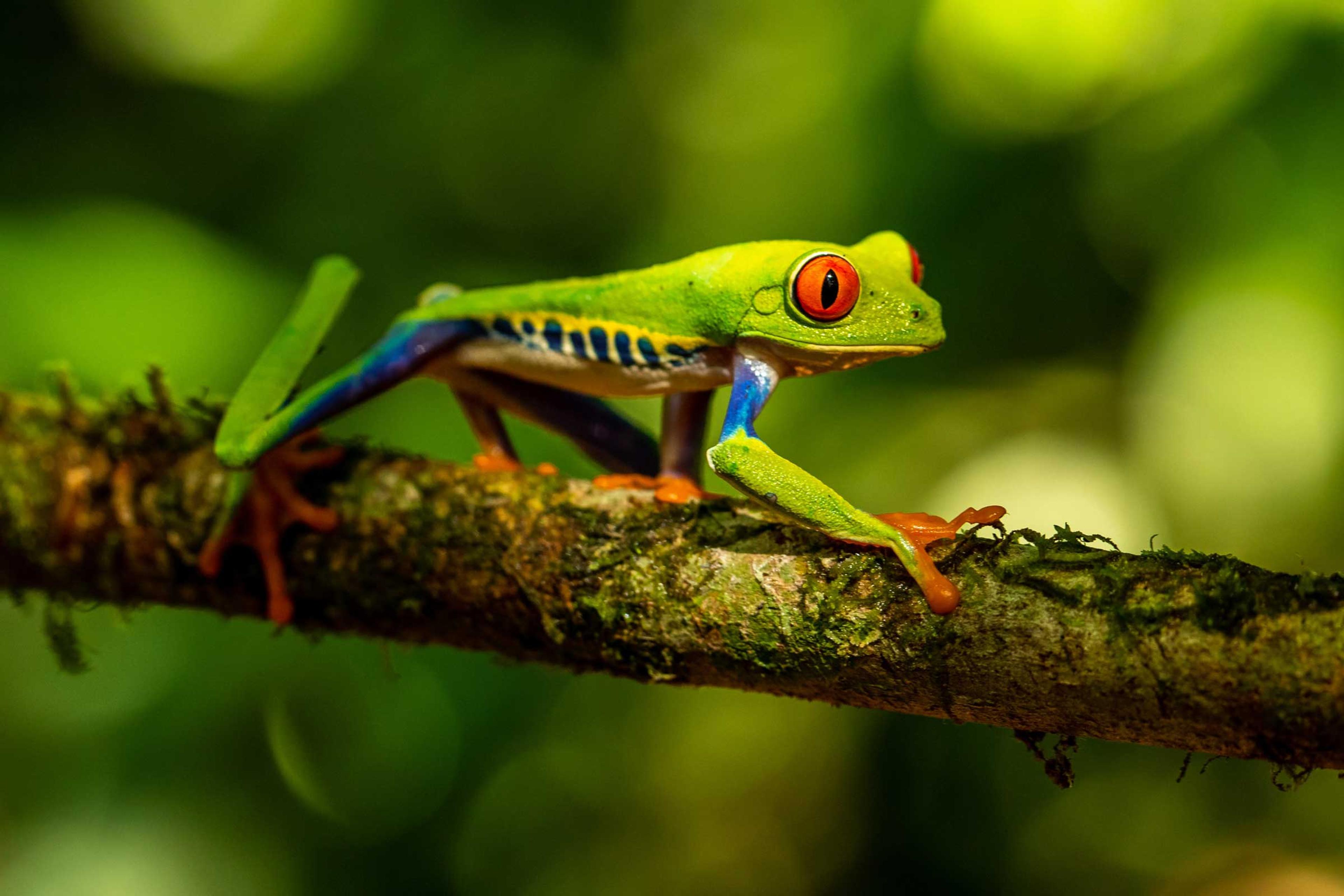I didn’t grow up speaking Lenape. There weren’t ceremonies, songs or phrases passed down. But, even as a child, I knew there was something in me that connected to the land, the woods and the people who were here before.
One of my earliest memories is from nursery school in the West Mount Airy neighbourhood of Philadelphia. Our teachers would take us for walks they called ‘following the Indian Trail’. To them, it was just a nature walk in the Wissahickon Valley Park. But, to me, it felt sacred. It was my favourite part of the day – imagining I was walking a path my ancestors once walked. That idea stayed with me.

The author’s ancestor Charles Millis
My mother sometimes spoke about her mother, Gladys, as an Indian princess. She said Gladys was of the Delaware Indians. There was a photo of a great-uncle in full regalia and a few other scattered family stories. But I didn’t grow up in a Lenape-speaking household, and it wasn’t until I was in my 40s or 50s that I began speaking openly about my Lenape heritage.
That shift started during a powwow at Penn Treaty Park – also known as Shackamaxon Park – on Indigenous Peoples’ Day. I remember standing there and thinking: ‘I need to find some answers.’
I began looking deeper into my mother’s side of the family. My grandmother was Gladys, her mother was Florence, then Catherine, and Catherine Senior – listed as ‘free colored females’ on the 1840 census. I learned later this was a coded term for Native people, because it wasn’t safe to identify as such.
As if my body remembers that silence once meant safety, I sometimes hesitate when it’s my turn to speak
In the past, much of the culture had to be hidden. That erasure is generational – in Pennsylvania, we remain unrecognised – and there’s a fear, deep and inherited, about speaking openly. That fear shows up even now when I try to speak the language aloud.
In 2019, I met someone from the Lenape Nation of Pennsylvania, and they were offering Lenape language classes over Zoom. Learning Lenape was hard because I hadn’t heard a single word of it growing up. My classmates were mostly linguistics majors or anthropologists, and not many were people with Lenape heritage. My first word was mpalsi which means ‘I am sick.’ It was during COVID-19 and I was feeling unwell, and I actually thought in Lenape: mpalsi.
Speaking the language is still difficult for me. Part of it is simply being a beginner. But there’s another layer – a kind of ancestral or cellular memory, rooted in fear of speaking out loud. It’s as if my body remembers that silence once meant safety. So I sometimes hesitate when it’s my turn to speak. But, each time I push through, I’m smoothing out those rough edges.
My work in grief started when I was 17 – the night my father died. He wasn’t sick, not in the way you’d expect. He had a congenital heart issue, yes, but he was vibrant. He played tennis. He was 49 years old and a father of four. He was a beautiful man. And then, just like that, he was gone.

The author as a young girl with her father
Until that night, I hadn’t thought about death. We didn’t talk about it in our house. But now, here I was, 17, with this massive, sudden loss and I couldn’t reconcile it. How do you keep living, knowing that anyone you love could disappear in a moment? It destabilised me. Every interaction felt like a possible goodbye.
I could’ve come apart if not for something in me that insisted on searching – for meaning, for healing, for a way to live with this knowledge that death is real, unpredictable, and deeply personal.
As I started working with others, I noticed something powerful: people felt better when we were outside, in the woods, by the water, near the trees. Nature wasn’t just a backdrop. It was a partner. A co-therapist.
When my father died, I heard something in the wind – a whisper I didn’t understand
That connection to nature deepened as I began leading grief walks. At first, they were in the woods, following the path of a falling leaf through the cycle of life, death and renewal. I recently led one at Laurel Hill Cemetery. I was unsure at first because it didn’t have the poetry of the forest. But then I realised that the trees were there, too, and they held us, just like they do in the woods.
During the walks, I like to do something I call ‘creek drinking’. We take sips of the creek with our ears. We listen. We give thanks. We make music for the water. That reciprocity becomes the medicine.
When I led the grief walk at Laurel Hill, I taught a mourning song I had written in Lenape and English, it’s called ‘Together Once More’, and that song became a bridge between my grief work and my language work. I realised then that music might be my best way of sharing Lenape.
My teacher described me as Kikehwèt Hitkwike, Healer Among the Trees. I carry that with honour. I’ve come to believe that the wind carries messages. When my father died, I heard something in the wind – a whisper I didn’t understand. Now, I wonder if it was the same message that came through my song: ‘Together Once More’. I wasn’t ready to hear it before, but I can now.
This past April, I started teaching Lenape myself – a beginner’s class because I thought it would deepen my own learning to focus on vocabulary and pronunciation, but also to help others feel connected. My students aren’t academics, they’re people like me, drawn to something old and essential.
Teaching Lenape connects me with my ancestry and helps undo the erasure of a culture. It’s only the beginning of something important and much bigger than myself. I’m just that child in the woods following the path.
